Period Acne: Symptoms, Topical & Oral Remedies, & Prevention
Treating premenstrual acne is easier than ever with topical medications and natural remedies
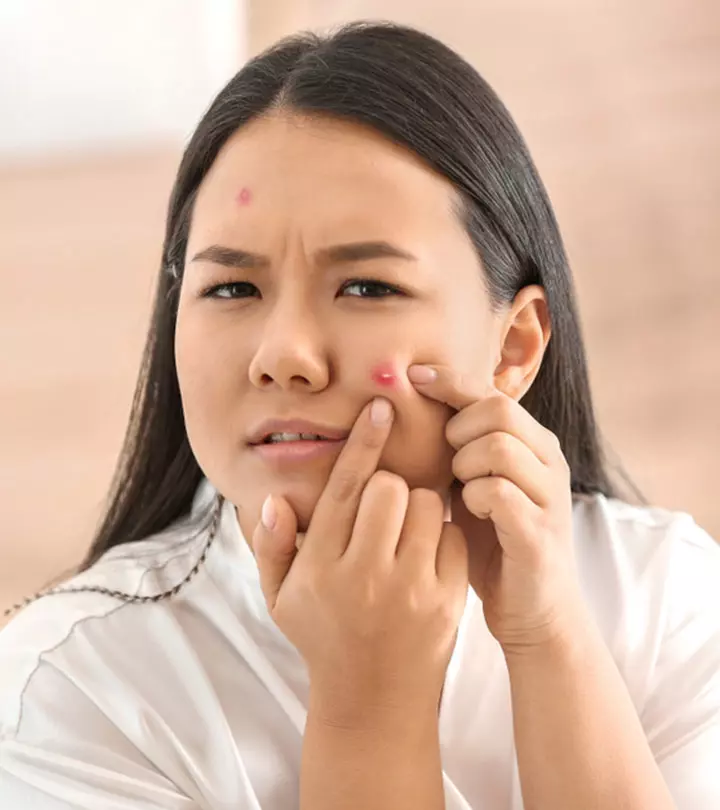
Image: Shutterstock
Period acne mostly coincides with your menstrual cycle and is not uncommon. A study found that about 65% of participants experienced acne around their menstruation (1). Hormonal fluctuations during the menstrual cycle trigger menstrual acne or period acne. But, when exactly during the cycle may women experience acne? Is it before the bleeding starts or after it is over? Or does it occur anywhere around the ovulation? This article answers all your doubts on how the menstrual cycle may affect the hormone and cause acne. Read on.
In This Article
How The Menstrual Cycle Affects Acne: The Science Behind It
The hormonal changes and fluctuations during the menstrual cycle and increased androgen (testosterone) levels trigger breakouts (1), (2).
The average menstrual cycle lasts for 28 days, and the hormone levels can differ significantly during this period. During the first half of the menstrual cycle (before ovulation), estrogen production is high and peaks a day before ovulation.
Ovulation results in the formation of the corpus luteum (a temporary endocrine structure involved in ovulation and early pregnancy), which produces progesterone in the second half (3). However, the progesterone and estrogen levels fall significantly as the bleeding time approaches (later half of the luteal phase).
Only the testosterone levels (produced in small amounts by the ovaries) remain constant during the menstrual cycle. This means that before, during, and right after menstruation, the testosterone (one of the androgens) levels are relatively higher than estrogen and progesterone levels.
A majority of the women reported acne and flare-ups in the week preceding menstrual bleeding (1). Also, high testosterone levels trigger excess sebum production, which may contribute to acne and flare-ups.
Sarah Day, a YouTuber, details her experience with period acne and how it impacted her life. She said, “In year ten, I got my periods, and that’s sort of when things started to change. Once I had my period for around six months, my skin started to break out, and that was not normal for me(i).”
Period acne is different from other types of acne. It usually occurs on the lower half of the face – on the cheeks and the jawline. Here are a few symptoms to look for.
Key Takeaways
- Period acne is a common occurrence for many women around the time of their menstruation cycle every month.
- It usually differs from other acne in appearing in the lower part of the face, around the cheeks, and jawline.
- Few lifestyle changes and home remedies with turmeric, honey, aloe vera gel, etc. can help you manage period acne better.
Common Premenstrual Acne Symptoms
Period acne may appear like red and inflamed bumps (papules). They are tender to touch and may be painful. However, they rarely develop into pustules (pus-filled papules).
If you have existing acne, you may notice flare-ups and increase in inflammation and redness. You can consult a doctor and use the following remedies.
Treating Period Acne: Topical And Oral Remedies
- Benzoyl Peroxide: Benzoyl peroxide has comedolytic effects and can reduce mild to moderate acne when used in concentrations of 2% to 5%. It exfoliates the skin to clear dead skin cells, bacteria, and impurities and minimize acne (4).
- Salicylic Acid: It is a desmolytic agent that promotes the natural exfoliation process of the skin, helping to break down and clear dirt, dead skin, and bacteria from the pores and minimize acne (5).
- Retinoids: This vitamin A derivative promotes cell proliferation and removes dead skin cells to minimize acne (5). You can buy OTC products containing retinol. However, for retinoids, you may need a doctor’s prescription.
The doctor may also prescribe oral medications along with topical treatments for minimizing period acne.
Oral Medication For Period Acne
- Oral Contraceptives: There are different types of oral contraceptives available for treating acne. However, avoid pills that contain androgenic progestins (like levonorgestrel and norgestrel) as they may worsen the acne. Consult a doctor before taking oral contraceptives.
- Anti-Androgens: Anti-androgen medicines like flutamide, spironolactone, and cyproterone regulate and reduce androgen levels in the body. This can lower excess sebum production and acne (6).
Next up, we have some practical home remedies that you can use to manage period acne.
Home Remedies For Period Acne
1. Turmeric:
Turmeric has anti-inflammatory and antioxidant properties, which help to minimize acne lesions (7).
You Will Need
- 1 teaspoon of turmeric paste or powder
- ½ teaspoon of water
Method
- Mix the two ingredients to form a paste.
- Apply it as a spot treatment.
- Leave it on for 15-20 minutes and wash off.
 Quick Tip
Quick Tip2. Cinnamon And Honey
Both cinnamon and honey have antibacterial properties and can minimize acne. (2)
You Will Need
- 2 tablespoons of honey
- 1 teaspoon of cinnamon powder
Method
- Mix the two ingredients to form a paste.
- Apply it to the acne lesions as spot treatment.
- Leave it on for 10-15 minutes.
- Wash it off with water.
3. Apple Cider Vinegar
Apple cider vinegar is used in traditional remedies to maintain the skin pH and soothe inflammation.
You Will Need
- 1 tablespoon of ACV
- 3 tablespoons of water
- Cotton ball
Method
- Mix both ingredients.
- Apply it with the cotton ball.
- Leave it overnight or wash it off after 30 minutes.
 Pro Tip
Pro Tip4. Aloe Vera Gel
The hydrating, anti-inflammatory, and antibacterial properties of aloe vera aid in reducing acne (8).
You Will Need
- A tablespoon of fresh aloe vera gel
Method
- Massage the acne lesion with the aloe vera gel.
- Leave it overnight or wash it after 30 minutes.
5. Witch Hazel
Witch hazel has antioxidant, anti-inflammatory, antibacterial, and astringent properties that help to remove excessive oil on the skin, unclog pores, and help reduce acne (9).
You Will Need
- A few drops of witch hazel
- 1 teaspoon of rose water
Method
- Combine rose water and witch hazel well in a bowl.
- Apply this mixture to the affected area.
- Leave it for 10-15 minutes.
- Wash off with water.
6. Aspirin
Aspirin’s anti-inflammatory effects may help to reduce swelling and redness caused due to pimples on the skin (10).
You Will Need
- A few tablets of aspirin (powdered)
- 1 tablespoon of warm water
Method
- Mix aspirin powder with warm water to make a paste.
- Apply this mixture directly on the acne.
- Leave it for 10-15 minutes.
- Rinse it with warm water.
If acne is your all-time concern and not just a monthly visitor, you might benefit from learning more about how to prevent acne. Start by keeping your skin clean and fast it occasionally to let it breathe and heal. In the section below, we have listed some lifestyle tips that can minimize acne outbursts that occur during your period. Keep reading!
Lifestyle Tips To Minimize Period Acne
1. Follow A Basic Skin Care Routine:
Pay special attention to your skin care routine and practice good skin hygiene. Wash your face with a mild cleanser to keep the dirt and sebum away. Use topical serums containing retinol, niacinamide, and tea tree oil to control and minimize breakouts. Also, avoid touching your face as it can introduce unwanted dirt and bacteria.
2. Stay Hydrate
Drink plenty of water as the spike in testosterone and dip in estrogen can leave your skin dehydrated and oily at the same time. Staying hydrated keeps the skin tissues nourished and healthy.
3. Follow A Healthy Diet
Focus on your food intake. Make sure to eat your greens, limit processed foods, and cut back on sugar and whole dairy products. Avoid consuming alcohol and smoking to prevent breakouts and skin damage.
Period acne is a common issue. You may notice breakouts or acne flare-ups around your menses. However, they subside once your periods are over. You can follow the tips mentioned in the article to take care of your skin during this period. Use acne-fighting ingredients and follow a proper skin care routine to manage period acne. Also, drink plenty of water, consume healthy food, and sleep well, as this will help keep the skin tissues nourished and healthy. However, if you have severe acne and notice a flare-up around the time of menses, consult a dermatologist and use prescription medication.
Frequently Asked Questions
What foods get rid of hormonal acne?
Eat a diet high in nutrients that promote skin health and hormonal balance to help control hormonal acne. Incorporating the following foods may also improve hormone levels and promote a healthier complexion:
• Healthy fats
• Green vegetables
• Probiotics
• Foods rich in zinc
• Omega 3 foods
• Foods rich in antioxidants
How do I know if my acne is hormonal or bacterial?
To determine whether the acne is hormonal or bacterial, assess its intensity, whether flare-ups occur during hormonal fluctuations, and whether topical therapies or systemic drugs are required.
This video talks about the origin of period acne, how it develops during periods, and how to effectively treat the condition. Watch now to demystify your ideas about period acne with insights from a doctor,
Personal Experience: Source
StyleCraze's articles are interwoven with authentic personal narratives that provide depth and resonance to our content. Below are the sources of the personal accounts referenced in this article.
(i). Hormonal Acne + The Pill: Curing My Hormonal Acne Naturallyhttps://www.youtube.com/watch?v=KmrL4D1QHWU
References
Articles on StyleCraze are backed by verified information from peer-reviewed and academic research papers, reputed organizations, research institutions, and medical associations to ensure accuracy and relevance. Read our editorial policy to learn more.
- Perimenstrual Flare of Adult Acne
https://www.ncbi.nlm.nih.gov/pmc/articles/PMC4142818/ - ACNE-CAUSES AND AMAZING REMEDIAL MEASURES FOR ACNE
https://www.researchgate.net/publication/340874478_ACNE-CAUSES_AND_AMAZING_REMEDIAL_MEASURES_FOR_ACNE - The menstrual cycle and the skin
https://onlinelibrary.wiley.com/doi/full/10.1111/ced.12588 - Topical benzoyl peroxide for acne
https://www.researchgate.net/publication/278309731_Topical_benzoyl_peroxide_for_acne - Over-the-counter Acne Treatments
https://www.ncbi.nlm.nih.gov/labs/pmc/articles/PMC3366450/ - Hormonal Treatment of Acne in Women
https://www.ncbi.nlm.nih.gov/pmc/articles/PMC2923944/ - In India Turmeric Used For Beautiful Skin By Sudipta Roy
https://www.researchgate.net/publication/285923505_In_India_Turmeric_Used_For_Beautiful_Skin_By_Sudipta_Roy - Aloe Vera: A Short Review
https://www.ncbi.nlm.nih.gov/pmc/articles/PMC2763764/ - Anti-Inflammatory And Anti-Acne Effects Of Hamamelis virginiana Bark In Human Keratinocytes
https://www.ncbi.nlm.nih.gov/pmc/articles/PMC9220085/ - Aspirin in dermatology: Revisited
https://www.ncbi.nlm.nih.gov/pmc/articles/PMC4693360/
Read full bio of Dr. Usha Kiran
Read full bio of Ramona Sinha
Read full bio of Eshna Das
Read full bio of Monomita Chakraborty






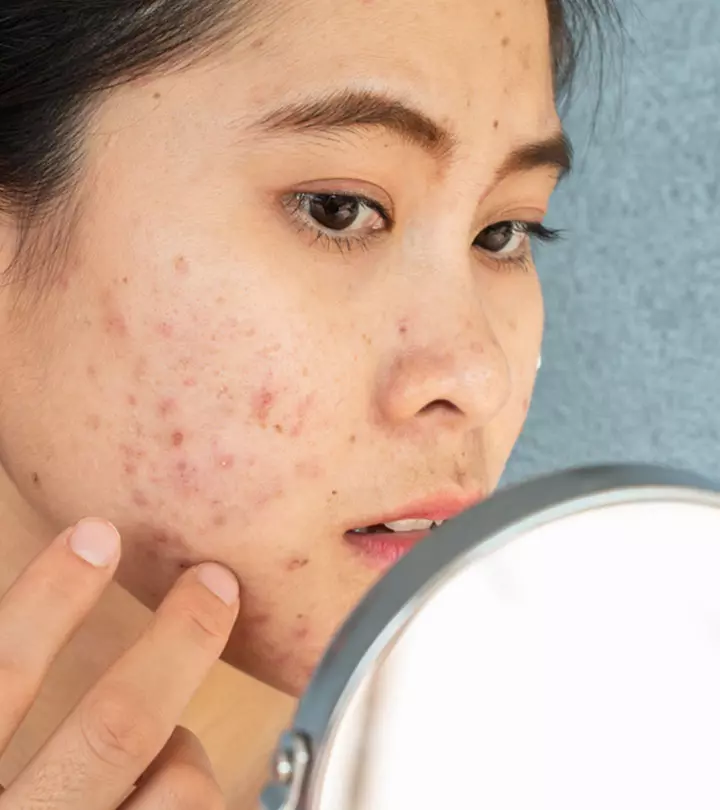
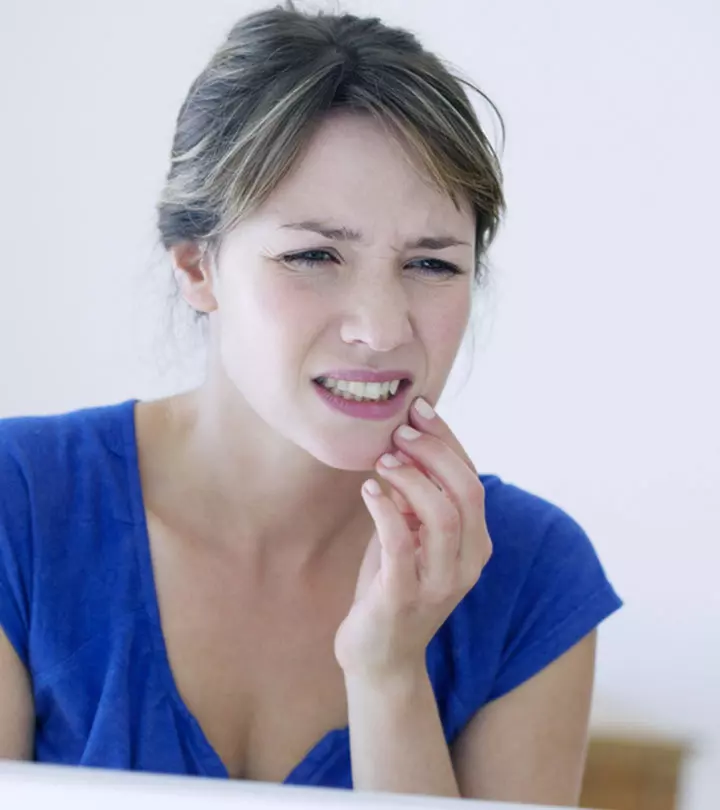
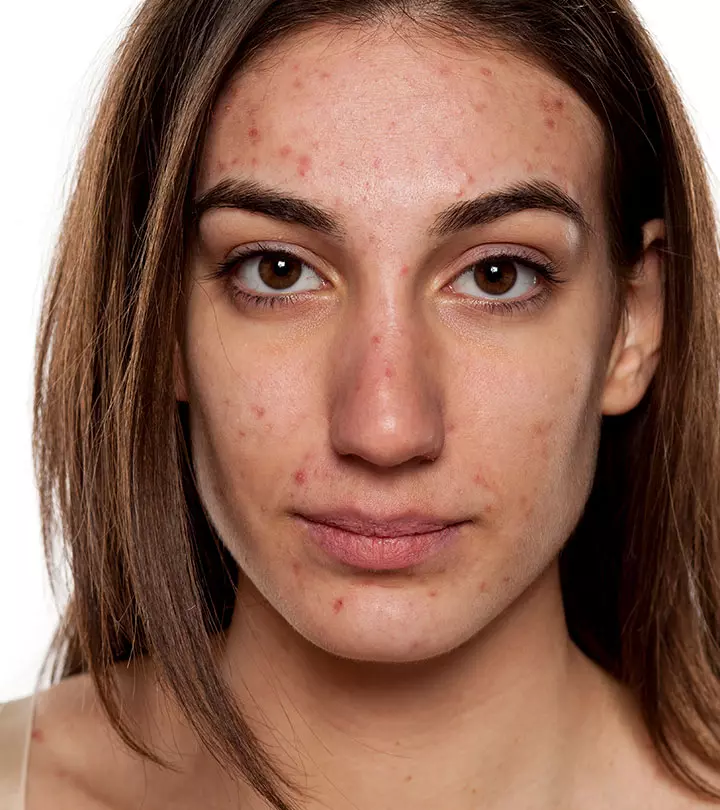
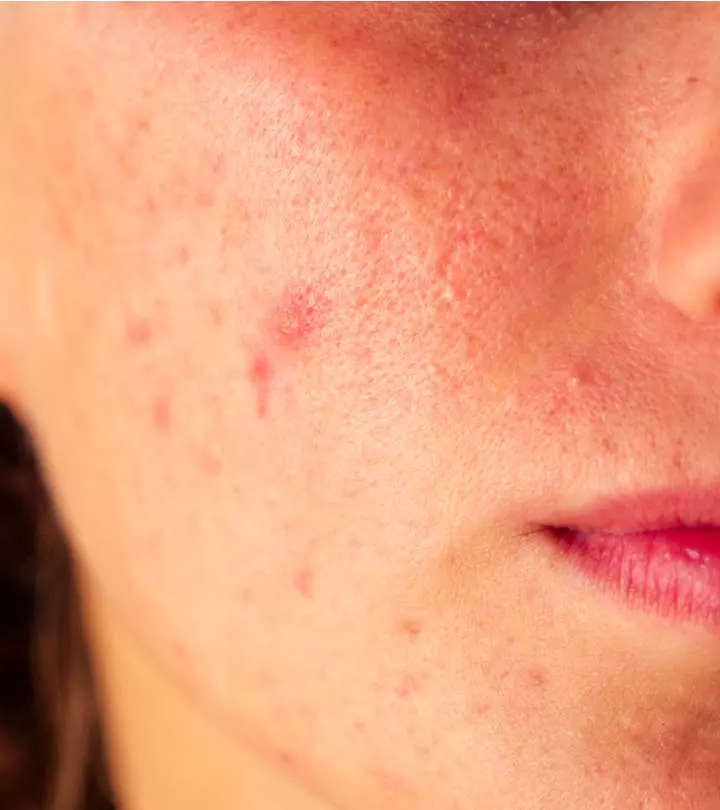
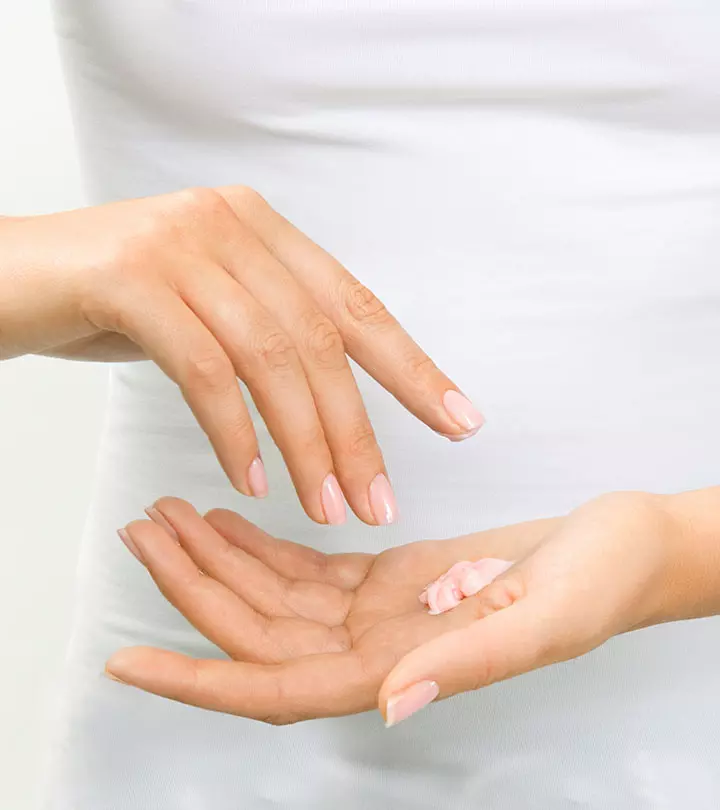
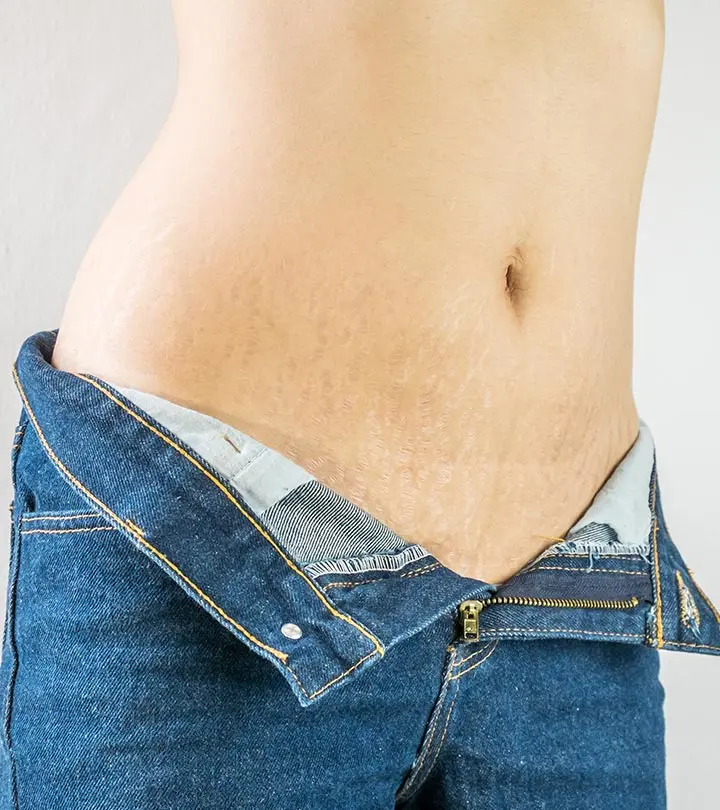
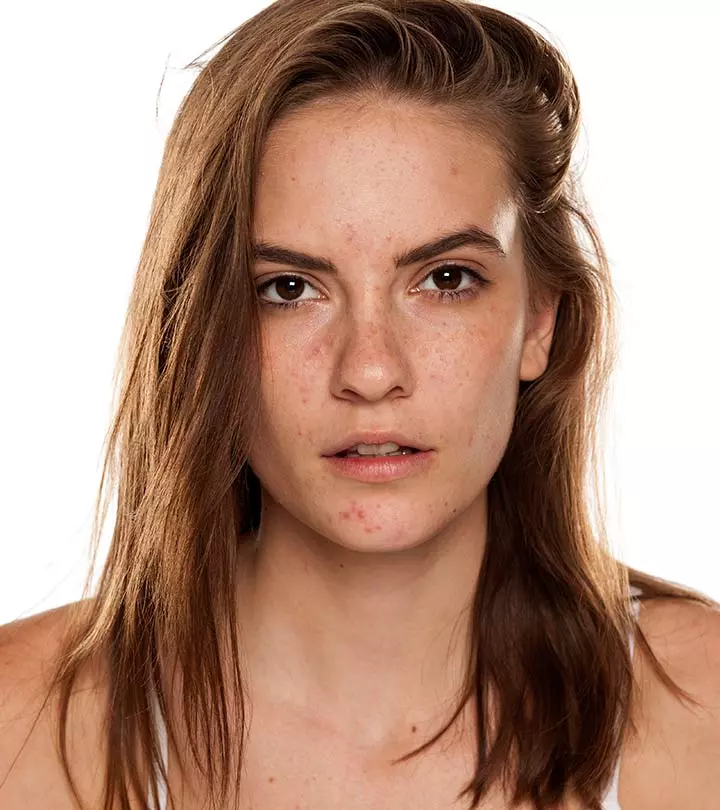
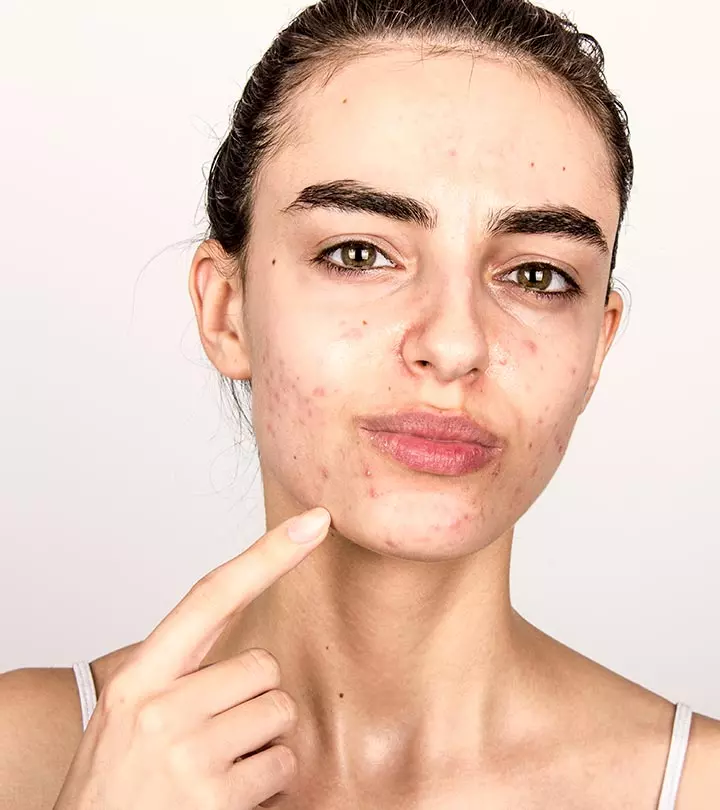
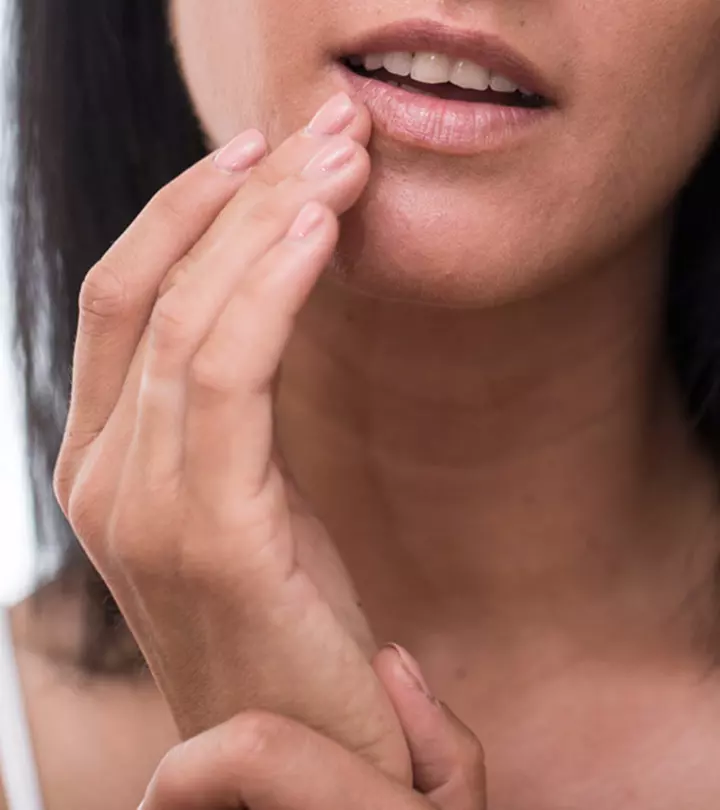

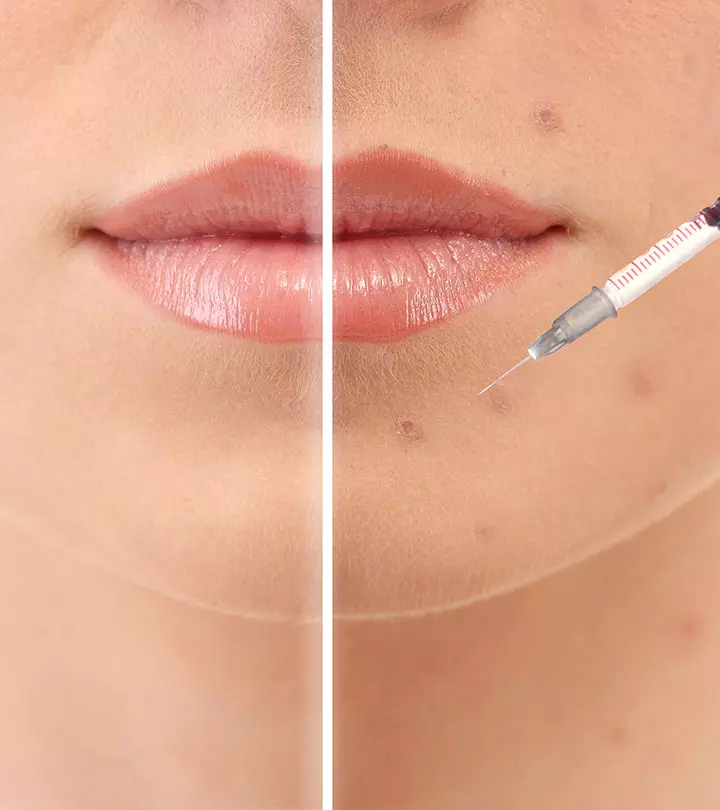


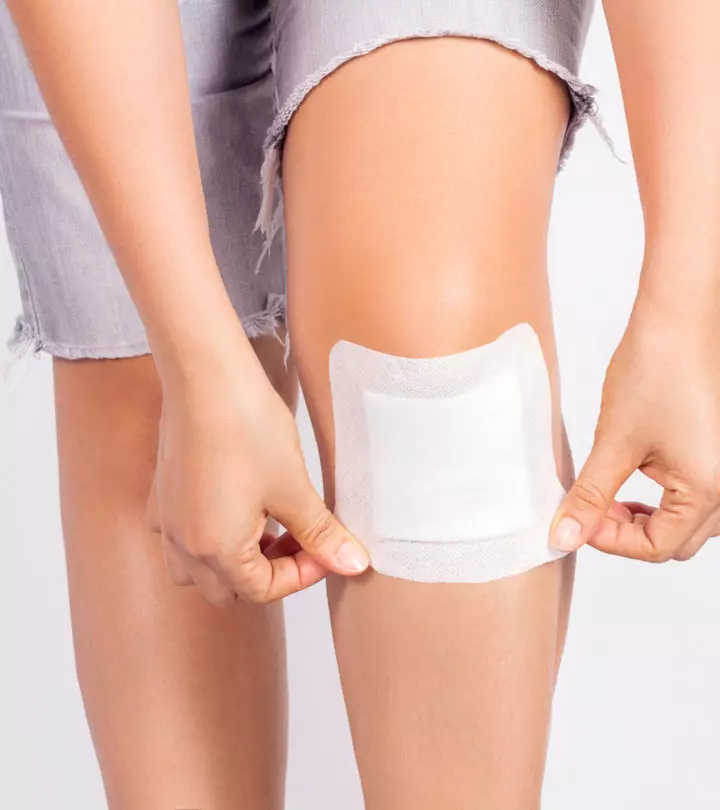
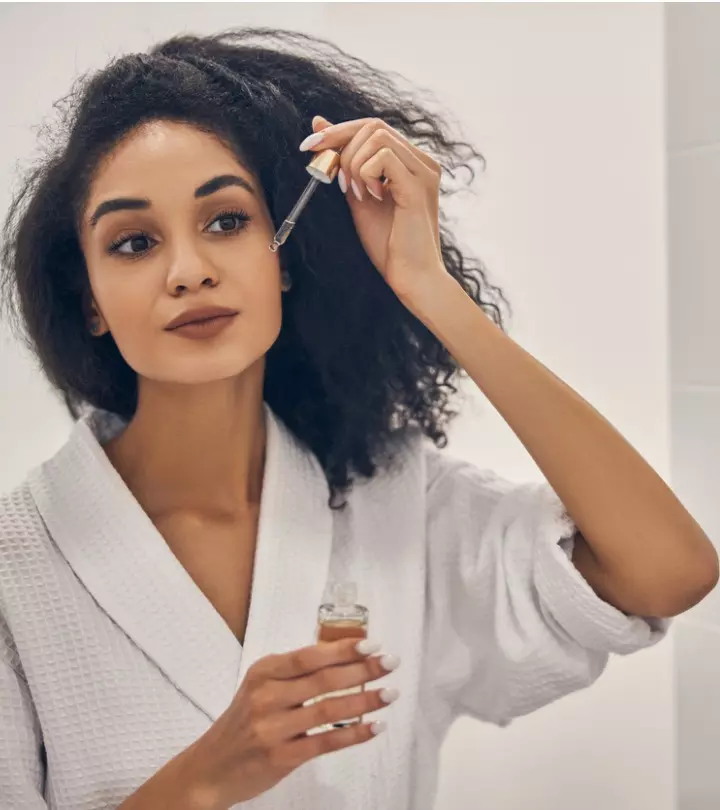
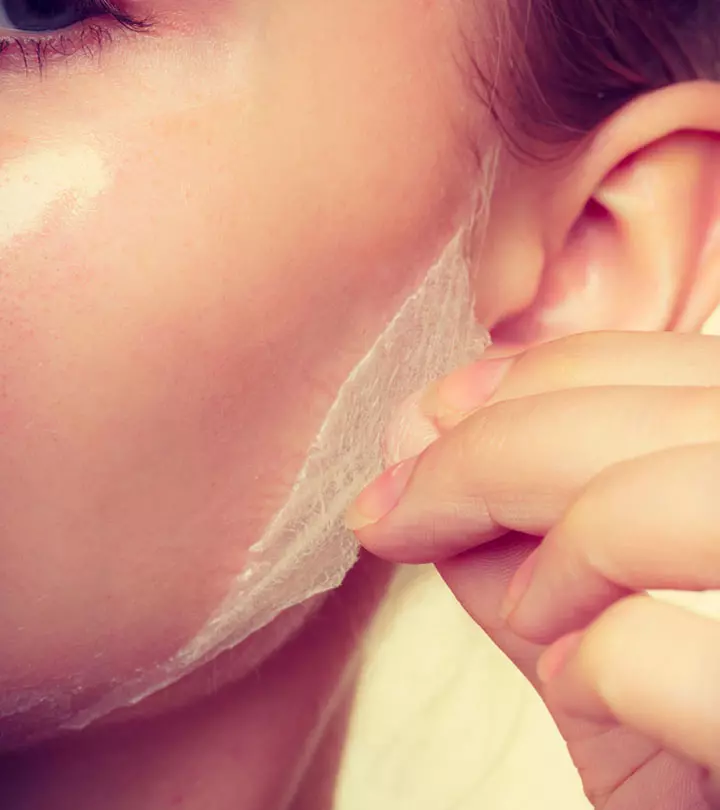
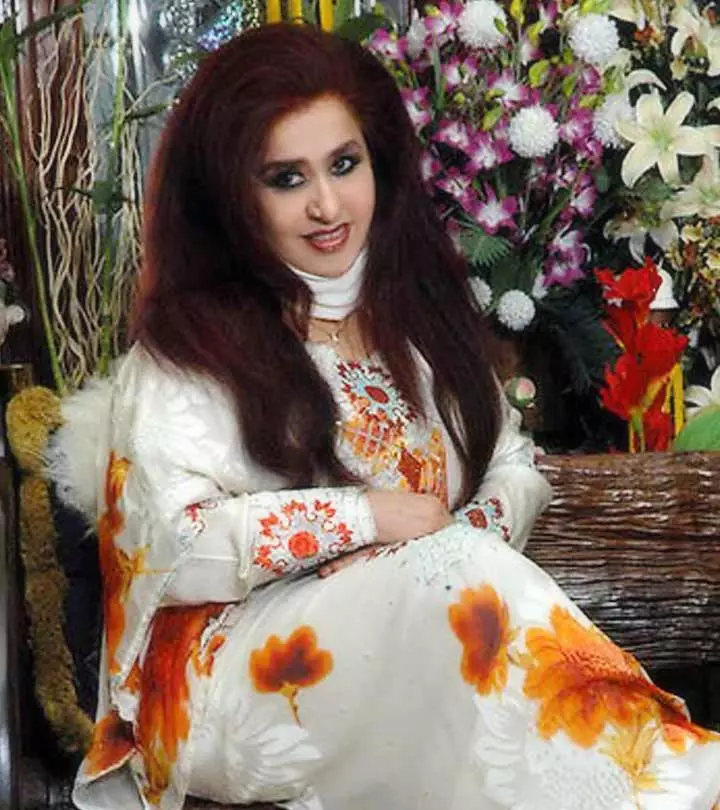
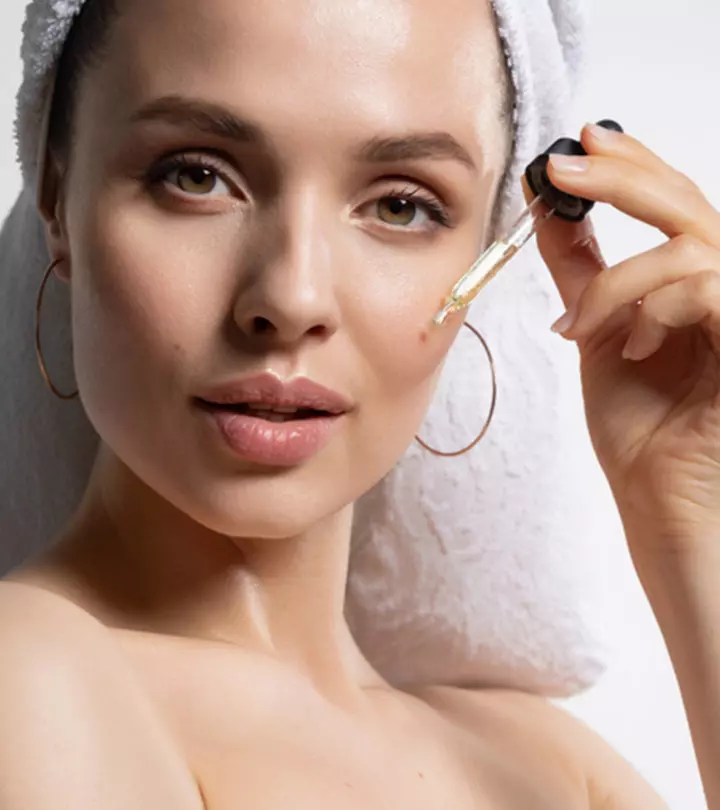
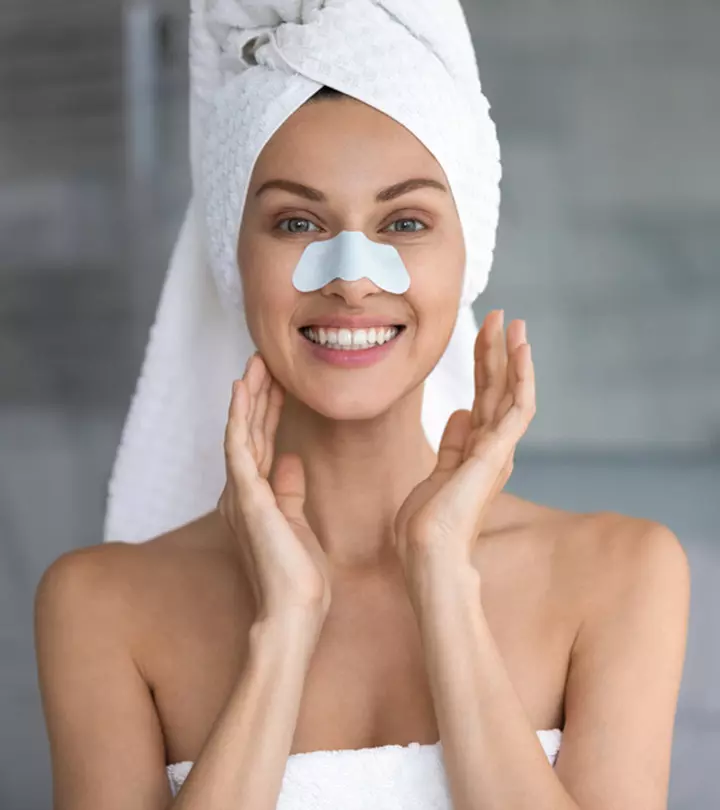
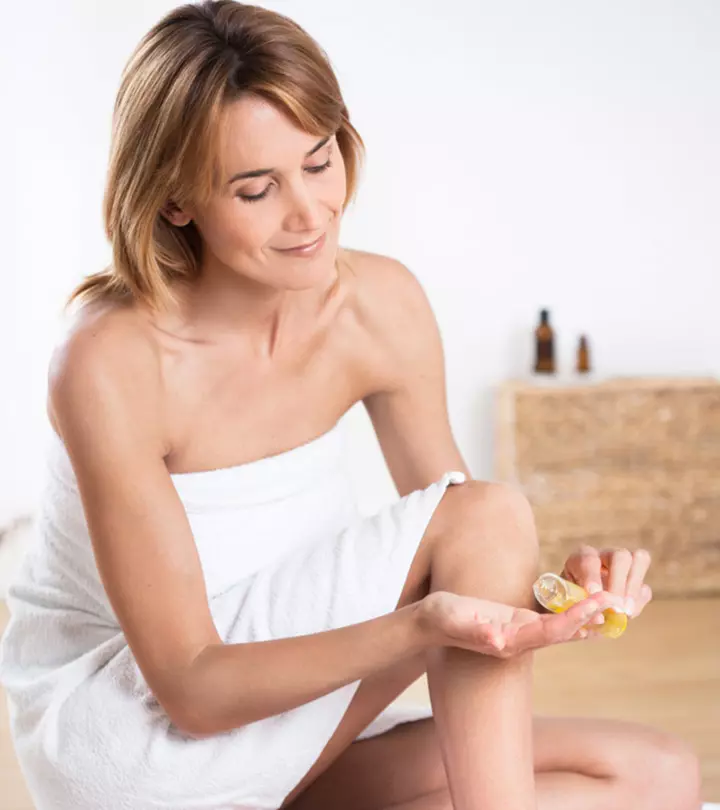
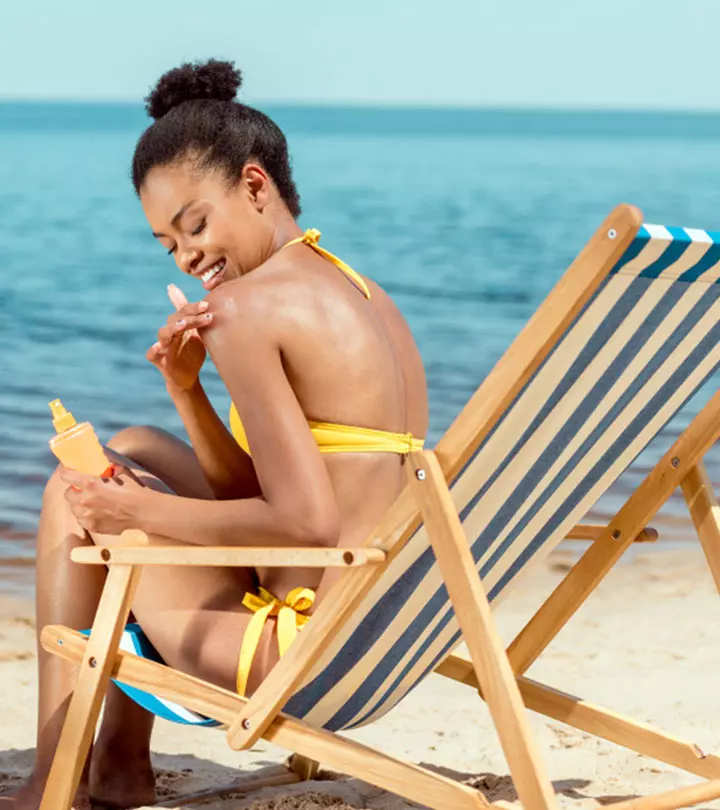
Community Experiences
Join the conversation and become a part of our empowering community! Share your stories, experiences, and insights to connect with other beauty, lifestyle, and health enthusiasts.